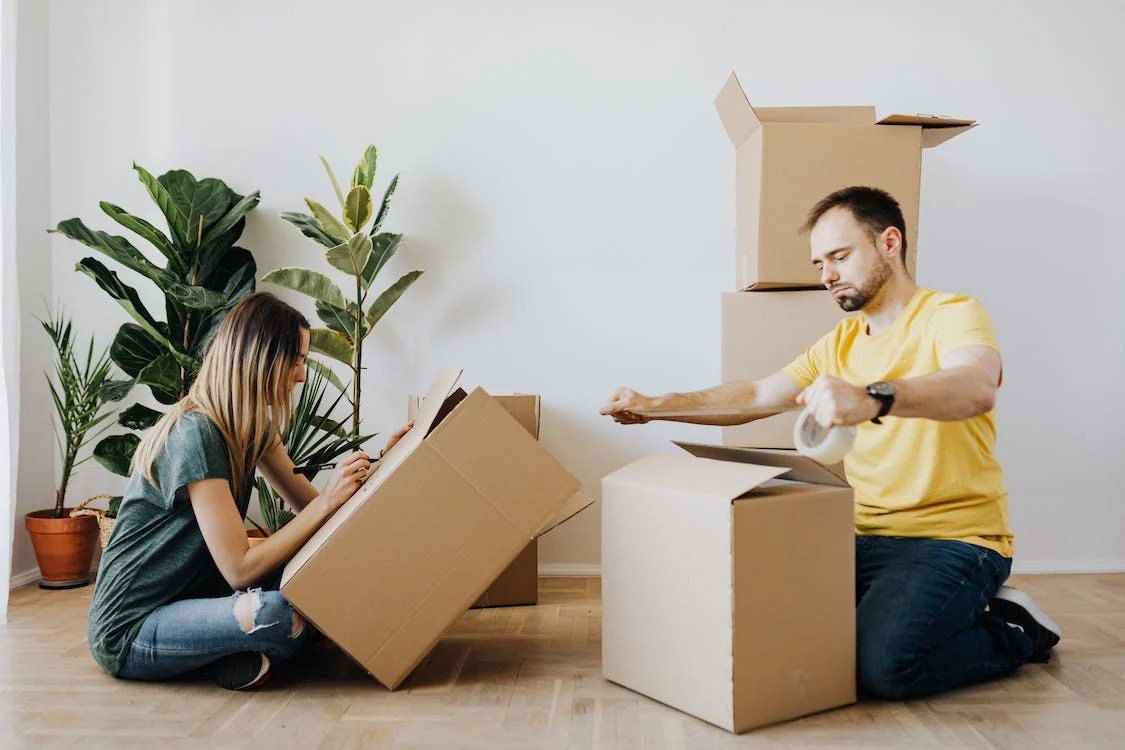Five Common Pitfalls Of Home Ownership

Owning a home is a long-term investment that can help you build wealth and achieve financial independence. However, it’s not without its pitfalls. Here are five common pitfalls that homeowners face:
The house was a “fixer-upper”
Let me explain: A fixer-upper is when someone buys a house that needs some work. It could be as simple as painting or changing out doorknobs, but sometimes it means major renovations like installing new floors and fixing leaky plumbing in the basement. If you buy a fixer-upper without realising how much work it will need and how much money it might cost to fix those problems up front (and trust me when I say this), then your dream home can turn into an expensive nightmare!
Unexpected repairs and maintenance
Maintenance and repairs are a part of owning a house. You can’t predict when you’re going to need to fix something, so it’s important to prepare for the unexpected.
If you can, try to budget for maintenance and repairs by setting aside some money each month in case something goes wrong. This will help prevent any big surprises from happening. If possible, look into renting equipment like ladders or power tools if you don’t have them already.
If an unexpected repair crops up, search around for reliable contractors and service providers who will do the job right without taking advantage of you financially or time-wise — or both!
Your mortgage has a variable rate
If you don’t know the difference between a fixed-rate mortgage and a variable-rate mortgage, then you should. Hiring one of our Fremantle based mortgage brokers can point you in the right direction of navigating through all of your interest rates and potential benefits of each.
A fixed-rate mortgage is one that has an interest rate that doesn’t change over time. It’s like renting an apartment, but with a key to your door and utilities included.
A variable-rate mortgage is different; it’s like renting an apartment where your rent changes depending on how much inflation there was in the last year (or something). Just like with rent, if inflation goes up, so does your payment—but since it changes from month to month, it can be hard to plan for what kind of payments you’ll make at different times in your life cycle.
So why would anyone sign up for this uncertainty? One reason might be that they can get lower initial payments by choosing a variable rate instead of locking themselves into higher payments with a fixed rate over 30 years (the typical length of most mortgages).
You bought more house than you needed
Buying a home is one of the most expensive purchases you’re likely to make in your life. It makes sense, then, that you should buy the house that suits your lifestyle and needs. There are plenty of factors to consider when figuring out how much house you can afford: How much will it cost? How much can I pay each month? How long do I plan on staying here? And so on.
But maybe there’s another factor that homeowners should take into account: Is this house big enough for me and my family (or pets)? The answer may surprise some people—most homes have more space than their owners actually need! This isn’t necessarily a bad thing: A large home could be ideal for entertaining guests or having extra rooms for children and teens who don’t want to live together under one roof anymore in their late 20s or 30s. However, if your family doesn’t typically entertain at home and all rooms are used by everyone 24/7 (for example), buying a bigger place might not actually benefit your quality of life as much as expected!
It’s important not only to consider what kind of lifestyle fits best with a certain type of property but also whether or not there are additional costs associated with owning something larger than what makes sense based on actual use patterns within each household member’s day-to-day routine.
Ownership isn’t always cheaper than renting, and it can come with some extra costs you didn’t anticipate
While you may save money on rent, owning a home is not always cheaper than renting. In addition to the mortgage payment, owners are responsible for property taxes, maintenance, and repairs, insurance, and utilities. If you do decide to buy a home, make sure that you can afford those additional costs on top of your monthly mortgage payments.
If you don’t plan on staying in one place for more than five years or so it might be better for you financially to rent rather than own a house. The truth is that homeownership comes with many other costs beyond simply paying your mortgage every month (like taxes and upkeep). Depending on where you live and whether there have been any recent increases in property tax rates, ownership can cost thousands more per year than renting.
Conclusion
It’s important to understand the risks of home ownership so that you can plan ahead for them. If you do get into trouble with your house and owe more than it’s worth, there are ways to avoid foreclosure, like selling or refinancing with a different lender. But first things first: do your research and make sure that buying makes sense for you financially (and emotionally) before taking the plunge!
